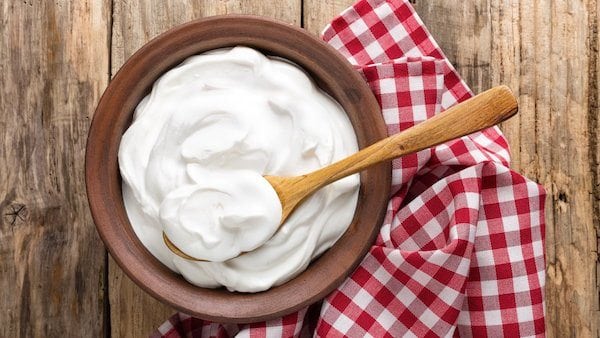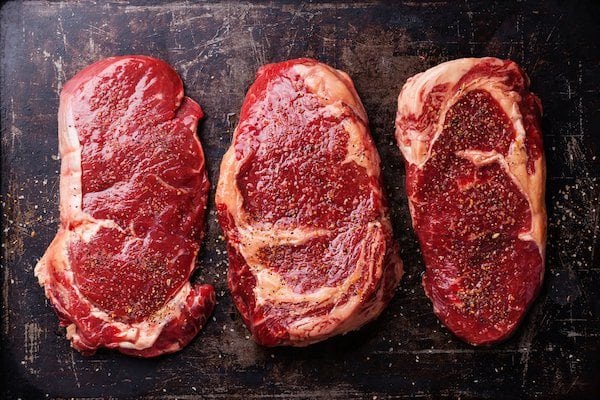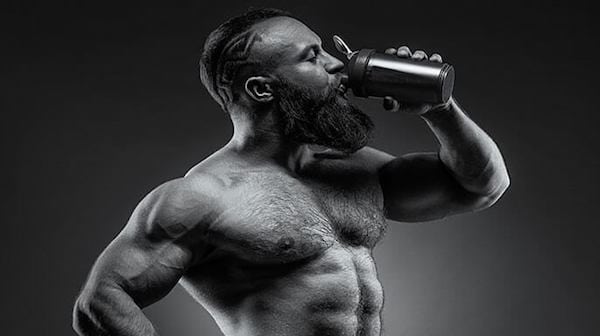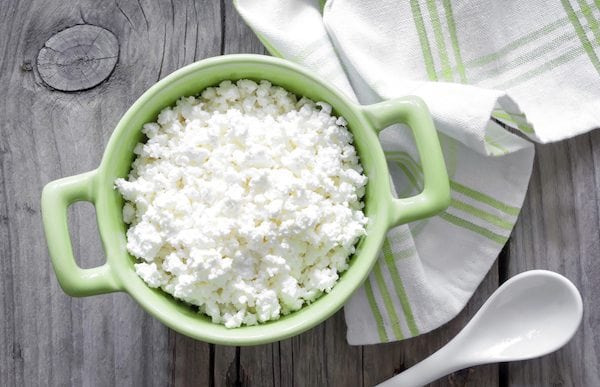No products in the cart.
7 Best Foods for Recovery After Workout

Nutrition and training are strongly linked together, you can’t achieve any of your goals without excelling at both.
If you’ve listened to any bodybuilder, athlete, fitness model, or personal trainer then you are probably aware of the importance of protein for building muscle and recovery.
Studies have demonstrated that athletes can require twice as much protein as a sedentary person [1].
Not only can protein improve recovery, but it can help increase muscle mass [2], help burn fat, and increase your metabolism (albeit by a miniscule amount) [3].
Many people preach that you should take protein immediately after a workout if you want to build muscle or recover from exercise. They call this the anabolic window, and the idea is that protein should be taken within 30-60 minutes after exercise.
Actually, this isn’t quite true. Yes you do need elevated protein, but the window can last for several hours, and you can even consume increased protein before a workout, and still see the benefits [4].
So the following seven best foods for recovery after a workout do not need to be consumed immediately after you leave the gym, they can even be taken beforehand! [toc]
Zero Percent Fat Greek Yoghurt

Zero percent fat Greek yoghurt is a great source of protein, and is low in calories.
It can be combined with a number of other foods on this list, and contains tryptophan an amino acid that helps the body to produce serotonin and melanin. This can help with sleep.
Elevated protein synthesis during sleep is one of the most effective ways to recover from exercise.
Chocolate Milk

If you’re an endurance athlete then you are probably used to forking out a lot of money on sports recovery drinks.
These are perfectly acceptable except that 1) they don’t taste particularly great, and 2) they usually cost an absolute fortune!
Did you know that for a fraction of the price chocolate milk provides the same benefits?
A 2009 study compared chocolate milk to two sports drinks, it found that the chocolate milk led to improved performance than either the carbohydrate-replacement drink or the fluid-replacement drink [5].
One limitation of the study was that it was sponsored by Mars (a chocolate milk seller), but if we ignored all studies based on their funding we would literally have zero studies to observe!
Lean Meat

One of the highest sources of protein that you can find is meat, but usually meat can be very high in fat.
Opting for lean meats such as chicken breast, turkey, or certain cuts of beef and pork can help maximise recovery while minimising body fat accretion.
Beef is also a source of creatine which can help upgrade recovery – but the levels present in beef are very low so the benefits aren’t going to be too great.
Whey/Casein Protein Powder

Whey protein is probably the greatest recovery supplement around, and can be used to make all sorts of foods. Homemade protein bars, protein desserts, protein cookies, or just regular protein shakes. All provide an excellent source of protein and high levels of Leucine, which are perfect for recovery after intense exercise.
Casein protein is similar to whey protein in that it is derived from milk, but while whey protein is fast absorbed into your system, casein is a slow releasing form of protein.
This means that it can help with recovery more by increasing the amount of time that protein synthesis is stimulated for.
Casein protein is also a good source of tryptophan so will help you to fall asleep better (which can also increase recovery after exercise).
Cottage Cheese

Cottage cheese works in the same way that casein protein works, it contains protein which can help increase recovery and is also a great source of the amino acid we mentioned earlier (tryptophan).
Taking cottage cheese before bed is a well-known recovery trick used by bodybuilders and athletes, it can be combined with either sweet foods or savoury foods making it very versatile.
Fruit

One thing that intense exercise can do is use up a lot of vitamins and minerals, this is to help you recover from exercise.
So increasing your fruit intake is a fantastic way to improve your recovery.
Fruit such as blueberries can also provide anti-oxidants which can help fight against oxidative stress, a common side effect of exercise.
We haven’t even mentioned the many other benefits of eating more fruit.
Sweets (high in Dextrose)

This last one may seem a little strange, how can eating sweets be an effective recovery tool?
Well it’s not all sweets, just ones that are high in dextrose.
This is a fast-digesting simple sugar which is digested very quickly once ingested. The benefit of dextrose is that it immediately spikes insulin, which is responsible for stimulating muscle protein synthesis.
Eating some sweets immediately after a workout will help your body to kickstart the recovery process.
The Perfect Recovery Meal
- 200g Greek Yoghurt (0% fat)
- 2 x scoops of chocolate whey protein powder
- 1 cup mixed berries
Mix all three together and if you really want you can also add some cottage cheese. This is perfect as a pre-bed recovery snack.
Final Thoughts
Don’t forget that in addition to your diet, getting proper rest is the most important step in your recovery.
It is recommended that you aim to get a minimum of 8 hours sleep every night. Remove everything that could disrupt your sleep, so switch off that phone and laptop before bed.
Taking the occasional rest day wont hurt either!
Supplements can also help your muscle building efforts, our top rated muscle builders can be found here.

What else would you suggest to help improve recovery after workout? What about foam rolling or massage? Sometimes it takes me days to recover, meaning I am only getting around 2 workouts a week.
Both foam rolling and massage after a workout can be beneficial and help reduce recovery times. There is even a study showing the benefits of foam rolling post-workout.